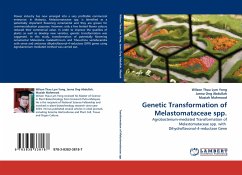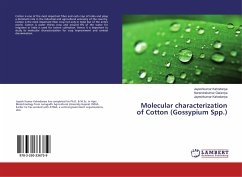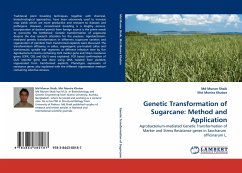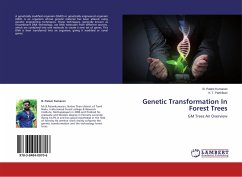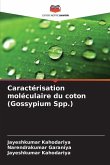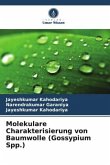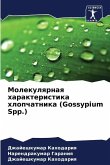Flower industry has now emerged into a very profitable commercial enterprise. In Malaysia, Melastomataceae spp. is identified as a potentially important flowering ornamental and they are grown for commercialization purposes. However, only a few limited flower colours reduced their commercial value. In order to improve the qualities of plants as well as develop new varieties, genetic transformation was suggested. In this study, transformation of potentially flowering ornamental Melastoma malabathricum and Tibouchina semidecandra with sense and antisense dihydroflavonol-4-reductase (DFR) genes using Agrobacterium-mediated method was carried out.
Bitte wählen Sie Ihr Anliegen aus.
Rechnungen
Retourenschein anfordern
Bestellstatus
Storno

